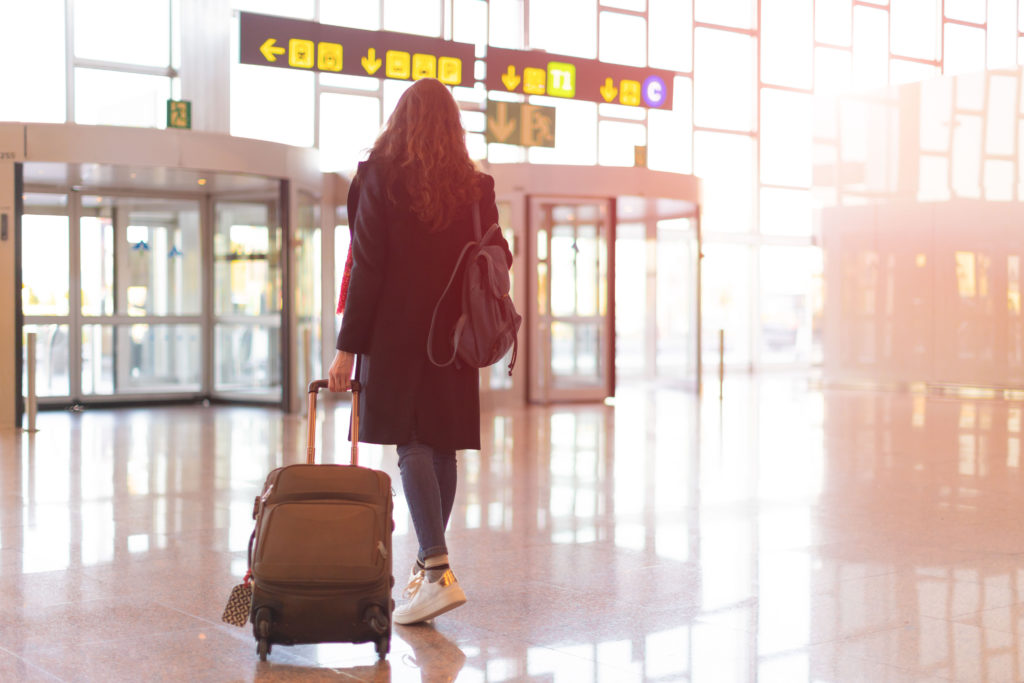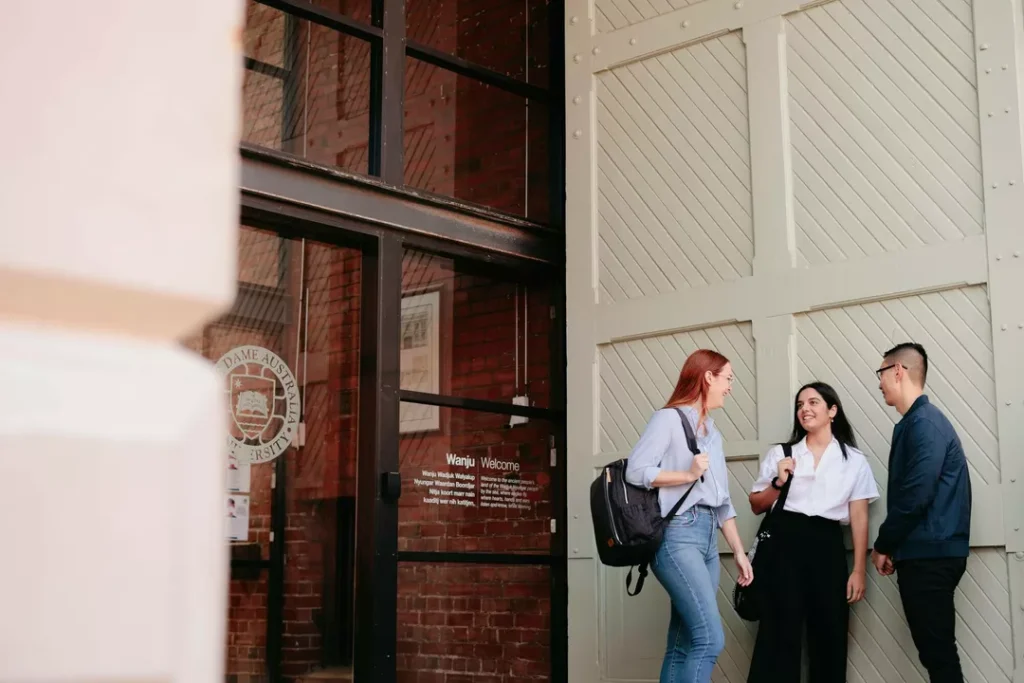Sign up to our newsletter!
The newsletter signup widget on posts
As an international student in Australia, you have the option to bring your family members with you. Whether it’s your parents (if you’re under 18), your partner, or your children, they could be eligible to stay with you for the duration of your studies.
This guide covers the essentials on how family members can join you in Australia.
Can my family members come to Australia with me?
Australia allows international students to bring their close family members in two primary ways: through your student visa (for your partner and children) or on a Student Guardian visa (for your parents).
Partners and children
You can apply to bring your partner (including spouses, de facto partners, and same-sex partners) and/or your dependent children (under 18 years old) to Australia as part of the student visa application process. The relationship requirements for de facto partners include:
- A commitment to a shared life to the exclusion of all others.
- A genuine and continuing relationship.
- Living together or not being permanently separated.
- Not being related by family.
Your partner will have working rights, which are usually aligned with the conditions of your student visa, such as working up to 40 hours per fortnight during term time.
Parents
For students under 18, a parent or guardian can apply for a Student Guardian visa. Applicants must be 21 years or older, have sufficient funds to support themselves and the student during their stay and provide accommodation and welfare support to the student. Student guardians are not permitted to work in Australia.
Health and character requirements
Applicants must meet the Department of Home Affairs’ health and character requirements. This includes not having any conditions that could result in significant healthcare costs or demand on services that could otherwise be used by Australian citizens. A clean criminal record is also essential.
Financial requirements
Currently, the Australian Department of Home Affairs mandates specific financial requirements to support your stay in Australia, which includes your family if they join you:
- For students or guardians: AU$24,505 per year.
- For partners: AU$8,574 per year.
- For a child: AU$3,670 per year.
Overseas Student Health Cover (OSHC)
Your spouse and children under 18 must also have OSHC arranged before arriving in Australia. You can include them in a Dual or Multi-Family policy, simplifying the application and usage of OSHC in Australia.
Family life in Australia
If your children are over five years old, they are required to attend school. School fees vary by state, with international student fees for government schools potentially reaching up to AU$18,000 per year. Check out the relevant state education body for more information.
Australian Capital Territory (ACT)
You can also find more information on the Study Australia website.
Australia also has a private education system made up of religious and other independent schools that you could choose to send your children to. Private school fees are likely to be higher than public school fees.
If your kids are not yet old enough to go to school, you can place them in a government-approved childcare service. Childcare does incur fees, but if you’re receiving financial assistance as part of your studies (perhaps through a scholarship), you may get a childcare subsidy.
Support for families
Universities and colleges provide various support services for international students and their families, including assistance with finding accommodation, childcare, schooling, and employment opportunities for partners. Some institutions also offer on-campus childcare and English classes.
For further details on including your family in your student visa application or if circumstances change after application, consult the Department of Home Affairs website. Always declare your family members when you apply, as undeclared family members cannot be added later.
Bringing your family at a later time
It’s also possible to bring your family members to Australia after you have commenced your studies. They can apply as subsequent entrants through ImmiAccount.





